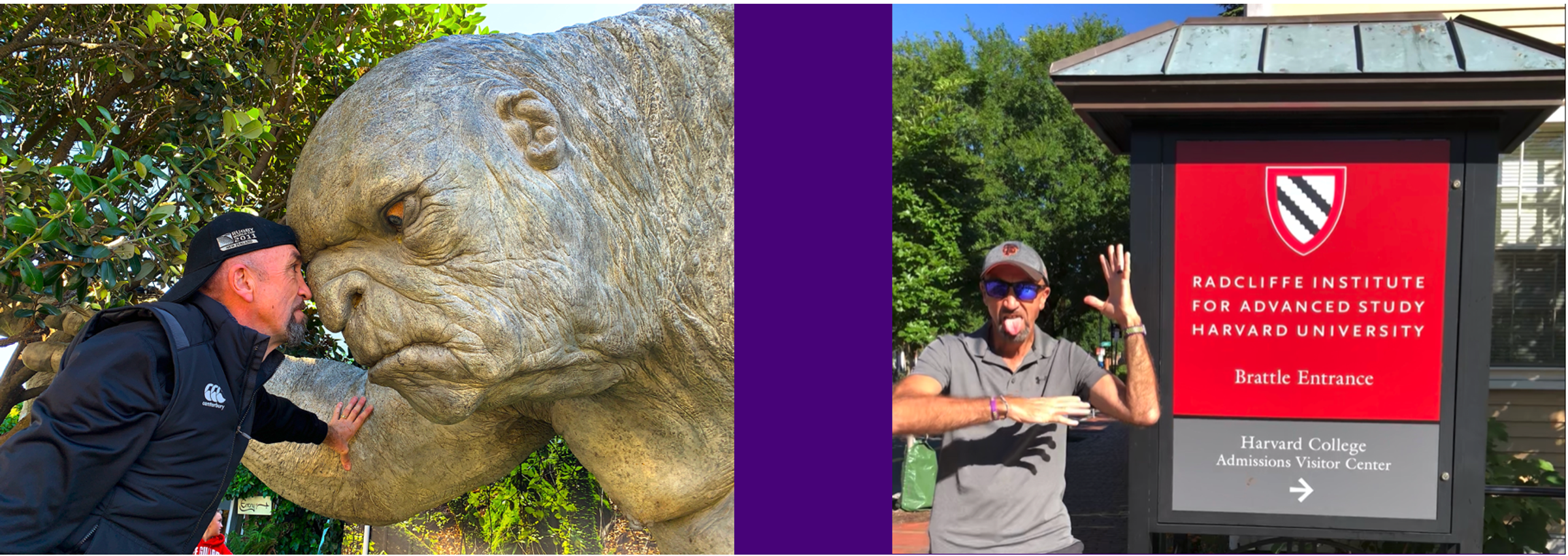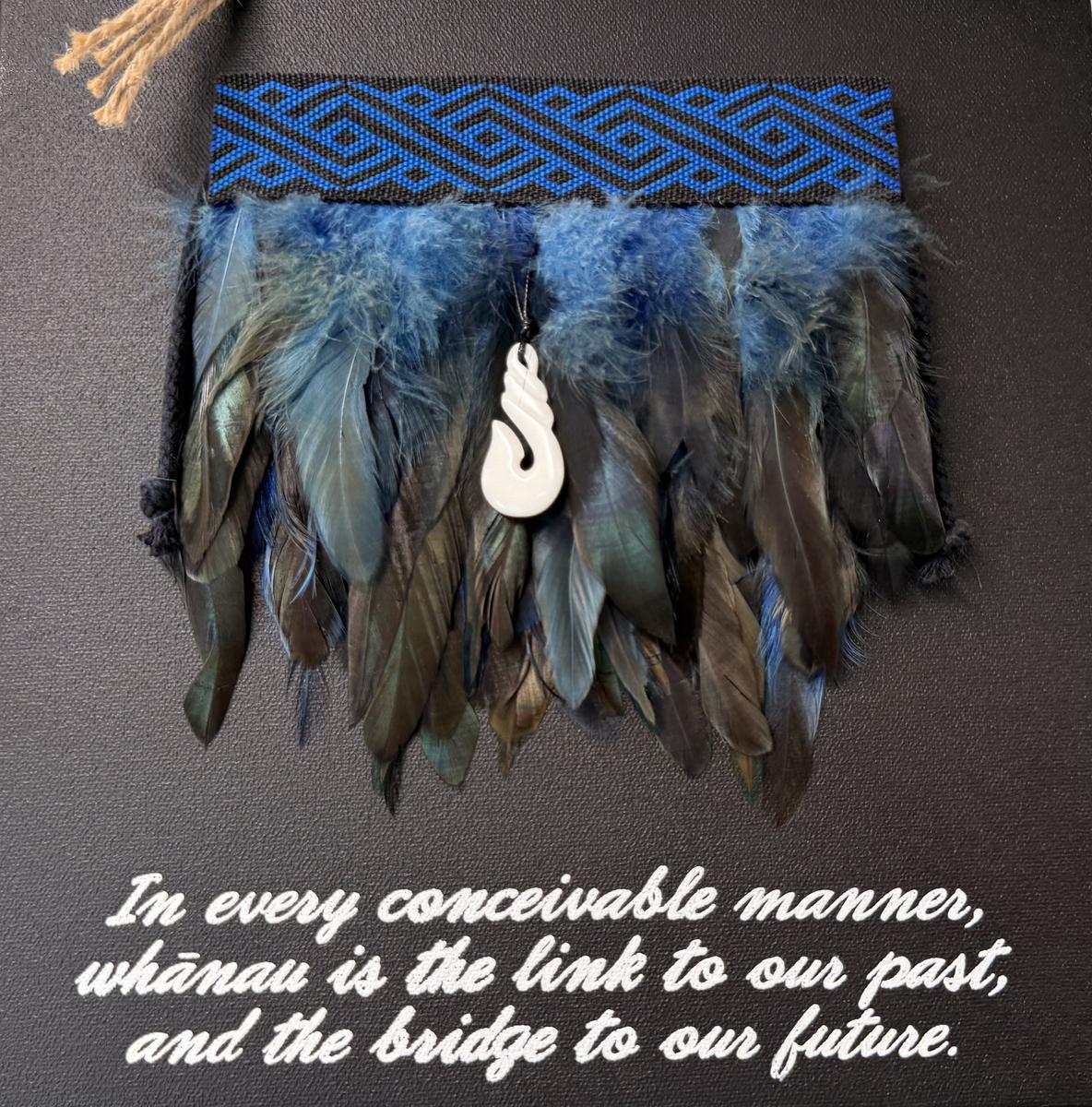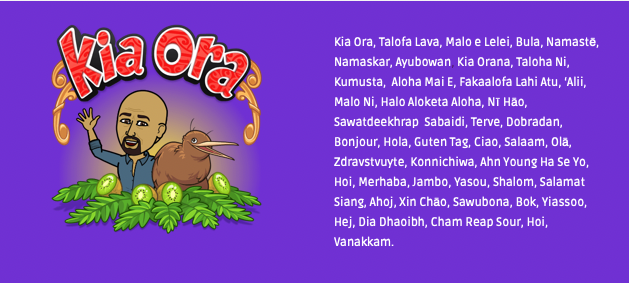Principal's Page

Kia Ora Friends - Our Warmest Greetings
We now have six Pōhatu Tūmu - Foundation Stone - Values. Matua Aaron McGreal does a great job ensuring our children regularly get up and personal with our stones and develop a deep understanding of what they represent and why they hold such an important place in the culture and operation of our school.
Our newest Pōhatu Tūmu is Pākiki - Curiosity, Creativity and a Sense of Wonder. It is also our focus stone for 2025.
For that reason, I will regularly share some ideas and articles on creativity and curiosity, including this week.
How Curiosity Rewires Your Brain For Change
Curiosity is often considered a personality quirk. Neuroscience paints a different picture.
Curiosity is often treated as a personality quirk — something childlike and playful, maybe even optional. But neuroscience paints a different picture. When we’re curious, the brain’s dopaminergic system — the same one that lights up when we anticipate a reward — kicks into gear. Simply put, curiosity makes us feel good about the prospect of discovering something new.
It also helps us learn more efficiently, enhancing hippocampal activity and boosting our capacity to form and retain new memories. Studies show that when people are curious about a topic, they not only remember the specific information they are interested in but also retain unrelated material more effectively.
Perhaps most importantly, curiosity promotes neuroplasticity, the brain’s ability to rewire itself in response to new experiences. Curiosity literally grows our brain.
Curiosity In Times Of Change.
Change introduces uncertainty. The human brain typically responds to uncertainty by triggering the same stress responses as those triggered by physical danger.
What curiosity does is transform that uncertainty from a threat into an invitation.
First, curiosity increases our tolerance for prediction error: the gap between what we expect and what we actually experience. This enables us to be more flexible in our thinking, less reactive, and better at updating our mental models.
Curiosity allows us to envision possibilities while also taking action — the exact balance needed to navigate change.
Emotionally, curiosity can also act as a buffer. When we view an unexpected situation through a curious lens (“What can I learn from this?”), we are less likely to experience anxiety or avoidance.
Five Ways To Navigate Change With Curiosity
Curiosity is a cognitive skill that can be developed. Here are five ways to cultivate it, especially during times of change:
1. Ask “what if?” instead of “what now?”
Reframe fear-based responses with questions that invite exploration.
2. Take field notes.
Document things that surprise you, that you don’t understand yet, or that make you pause during the day. Be specific: “Today I noticed X and wondered why…” This practice fosters a habit of curiosity and has the added benefit of documenting your learning journey.
3. Run tiny experiments.
Got a big idea - test it out with tiny experiments. These will provide valuable data while helping you regain a sense of agency even when the path forward is uncertain.
4. Embrace not knowing.
Practice saying “I don’t know yet” without immediately searching for an answer. Spend time exploring questions without rushing to conclusions.
5. Treat failure as data.
When something doesn’t go as planned, resist labelling it as a failure. Instead, treat unexpected outcomes as valuable information. By viewing setbacks as part of the growth process, you can transform potentially discouraging moments into opportunities for learning.
We often think of change as something to endure. But change is how we grow.
So, the next time you face a big change and feel anxious or stuck, try asking yourself a simple question: What if I were to get curious instead?
Curiosity is a big focus this year, but Whānau is a big focus every year. We are all about family in everything we do, say, and believe.
Grandparents are a significant part of every family, and they play a big role in our Western Heights Whānau as well. We love seeing grandparents dropping off and collecting their grandchildren. We love the many grandparents who help out in other ways too - in the classroom and as Adult Reading Tutors, providing our little learners who need extra one-to-one reading support with that support as well as encouragement, attention and care. It's a beautiful sight to see.
Last Tuesday, we had our annual Grandparents' Morning. Yet again, a huge turnout of grandparents, all of whom were proud to see their grandchildren in class learning. Our children also loved the opportunity to share and shine. Many grandparents told me how much they wish school had been like this in their day, and I feel the same way.
Lots of photos to share from this event later in our newsletter.
As always, if you have questions or concerns about anything school-related, email me at macash@mac.com, and I will get back to you asap.
My very best regards to you all,
Ash Maindonald
Principal.


